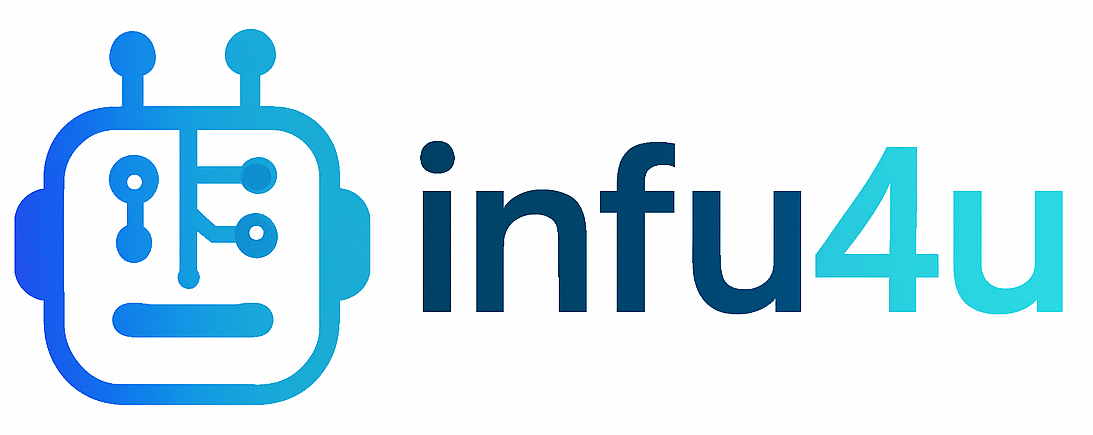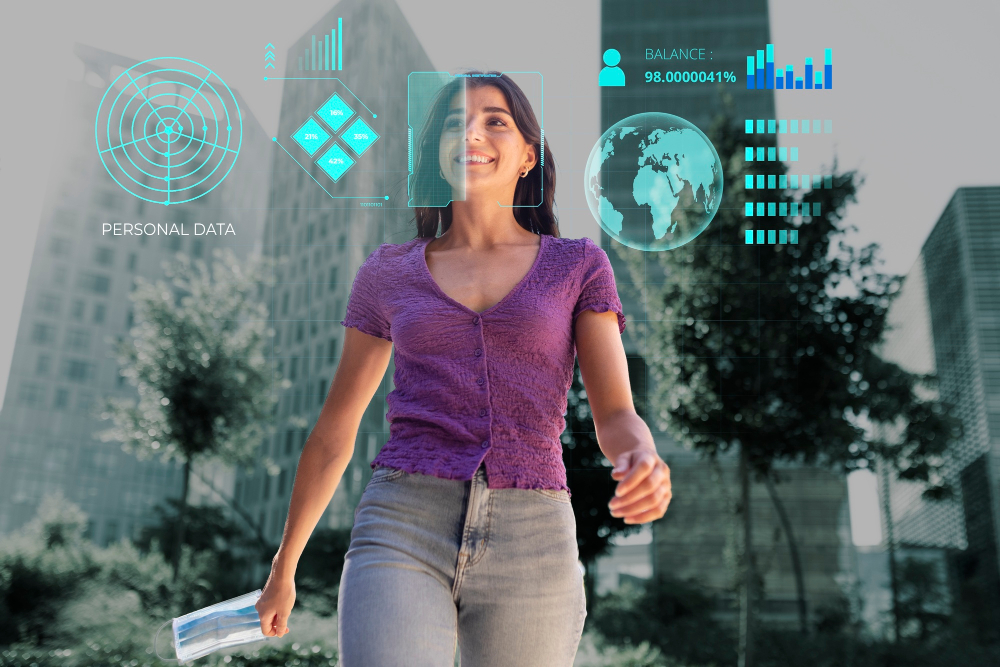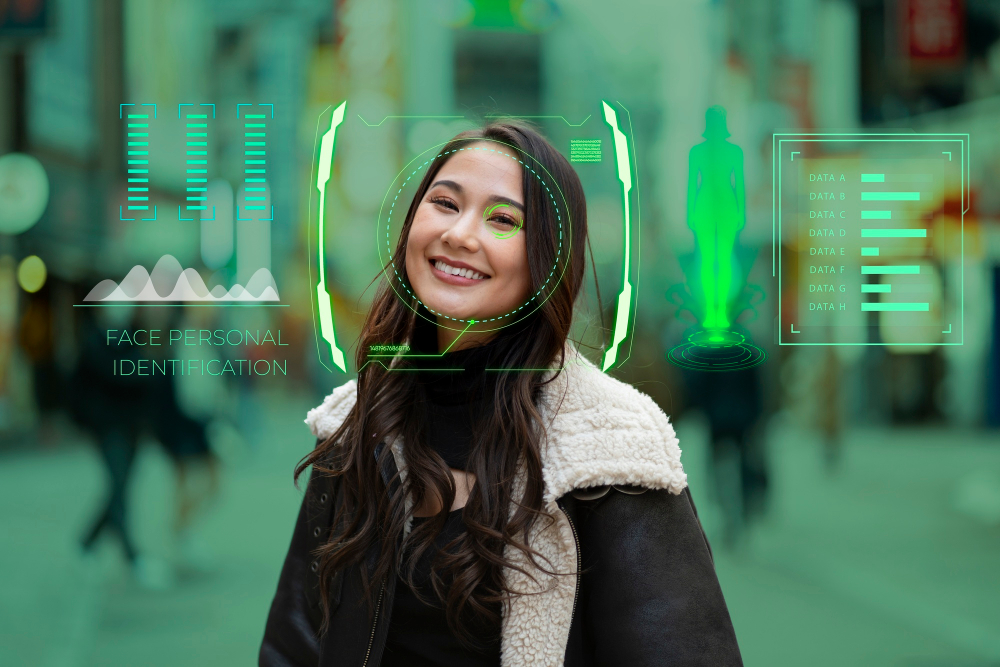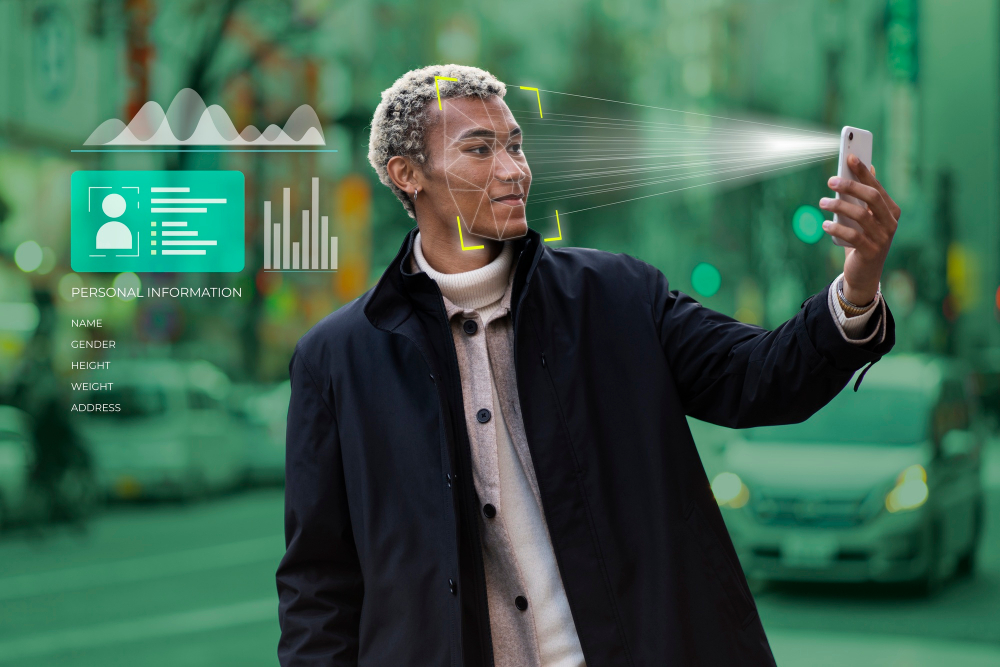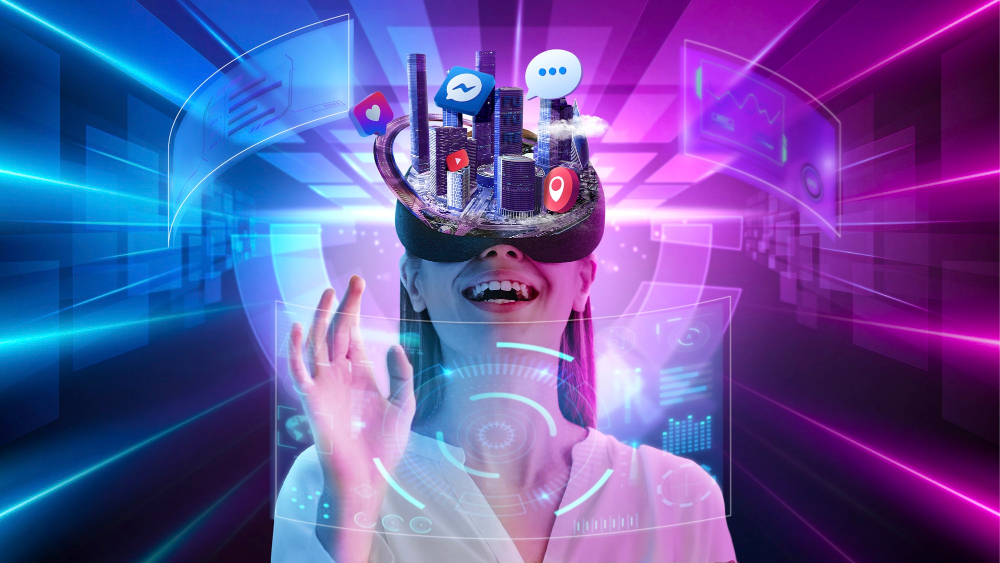AI in Education: How Smart Technology Is Changing Learning Forever
Introduction: The Era of Smart Learning Begins
Artificial Intelligence (AI) is no longer just a futuristic idea — it’s the driving force behind a revolution in the classroom. The concept of AI in Education: How Smart Technology Is Changing Learning Forever reflects a profound transformation where machines not only assist but actively enhance the learning process.
From AI-powered tutors to personalized digital classrooms, technology is making education more adaptive, inclusive, and engaging than ever before. Whether you’re a student, teacher, or administrator, AI is reshaping how we learn, teach, and measure success.
The Evolution of Artificial Intelligence in Education
AI’s journey in education began modestly — from simple test grading systems to intelligent platforms capable of understanding student behavior. In the 2010s, adaptive learning systems emerged, offering hints of what AI could achieve.
Now, in 2025, we’ve entered the age of intelligent personalization. AI analyzes thousands of data points—from quiz results to engagement levels—to customize learning paths that suit individual strengths and weaknesses. This evolution marks the shift from standardized teaching to personalized learning ecosystems.
How AI Is Transforming the Classroom Experience
Personalized Learning Paths
AI algorithms adapt coursework based on each student’s pace and comprehension level. Platforms like Century Tech and Knewton analyze student interactions and recommend next steps, ensuring no learner is left behind.
Real-Time Performance Tracking
With AI dashboards, educators can now monitor student progress in real time. These tools provide early warnings for those struggling and insights into areas where additional support is needed.
AI Tutors and Virtual Classrooms
Virtual AI tutors, such as ChatGPT-based educational bots, offer 24/7 assistance. They answer questions, explain complex concepts, and even simulate real-world scenarios for interactive learning.
AI Beyond the Classroom: Empowering Teachers and Institutions
AI doesn’t replace teachers—it empowers them. Through automation and analytics, educators can focus more on teaching and mentorship rather than routine administrative work.
- Automating Grading: Tools like Gradescope and ScribeSense simplify exam evaluations.
- Predictive Analytics: AI forecasts student performance trends, helping schools tailor interventions.
- Curriculum Design: By analyzing learning patterns, AI suggests curriculum updates aligned with real-world demands.
Top AI Tools Revolutionizing Education in 2025
1. ChatGPT (OpenAI)
Used by students and teachers alike, ChatGPT acts as a virtual study partner and lesson planner. It can explain difficult topics, generate quizzes, and even help craft essays with clarity and depth.
2. Duolingo Max
This AI-enhanced version of Duolingo leverages GPT-4 technology for personalized language learning, offering real-time feedback and conversational practice.
3. Century Tech
An advanced learning platform that uses AI to build individualized learning journeys. It analyzes behavior, engagement, and results to optimize student outcomes.
4. Grammarly EDU
More than a grammar checker, Grammarly EDU uses AI to improve writing clarity, tone, and structure, supporting academic excellence at all levels.
5. ScribeSense
This AI-driven grading assistant scans and interprets handwritten or digital student work, automating the evaluation process with high accuracy.
Benefits of Using AI in Education
- Efficiency: Saves teachers countless hours of grading and preparation.
- Engagement: Interactive, gamified lessons keep students motivated.
- Accessibility: AI supports students with disabilities through voice recognition, text-to-speech, and translation.
- Feedback: Instant feedback helps learners understand mistakes and improve faster.
- Equity: Students in remote areas gain access to quality digital education.
With these advantages, AI isn’t just improving education—it’s democratizing knowledge.
Challenges and Ethical Concerns of AI in Education
While the benefits are significant, several concerns must be addressed:
- Data Privacy: Student data must be handled securely to prevent misuse.
- Equity in Access: Not all students have equal access to technology.
- Overreliance on AI: Excessive automation can weaken critical thinking if not balanced with human interaction.
- Bias and Fairness: AI models must be designed to avoid perpetuating biases in learning content.
For AI to succeed in education, transparency, and ethical implementation are essential.
AI for Students: A Personalized Learning Revolution
Students today have access to tools that understand their learning styles better than ever.
- Adaptive quizzes adjust difficulty based on performance.
- AI career counselors suggest future paths aligned with strengths.
- Support for neurodiverse learners ensures inclusivity through personalized feedback and sensory-friendly designs.
These innovations make learning not just smarter—but fairer and more human-centered.
How AI Is Redefining the Role of Teachers
Teachers are no longer just knowledge transmitters—they’re learning facilitators. AI takes over administrative tasks, allowing educators to spend more time mentoring and inspiring.
The partnership between AI and teachers represents the perfect balance of logic and empathy, where machines handle data and humans handle hearts.
Future Trends: What’s Next for AI in Education?
- Immersive Learning with AR/VR AI: Students will soon experience virtual labs and AI-guided field trips.
- Global Classrooms: AI-powered translation enables seamless multilingual education.
- Lifelong Learning Ecosystems: Personalized AI mentors will guide users from childhood to career transitions.
By 2030, AI will make education more accessible, adaptable, and lifelong than ever before.
FAQs About AI in Education
Q1: How does AI improve student performance?
A1: It personalizes lessons and provides real-time feedback, helping students understand concepts more effectively.
Q2: Can AI replace teachers?
A2: No. AI supports teachers by automating tasks, but human mentorship remains irreplaceable.
Q3: Are AI tools expensive for schools?
A3: Many tools, like ChatGPT and Grammarly, offer free or affordable versions for educational use.
Q4: How does AI help students with disabilities?
A4: AI tools provide voice assistance, text-to-speech, and adaptive learning interfaces for better accessibility.
Q5: What are the main ethical issues in AI education?
A5: Data privacy, algorithmic bias, and fair access are top concerns requiring strict regulation.
Q6: What skills will students need in an AI-powered future?
A6: Critical thinking, emotional intelligence, and digital literacy will be crucial to thrive in AI-driven environments.
Conclusion: The Future of Learning Is Intelligent
The rise of AI in Education: How Smart Technology Is Changing Learning Forever marks a defining moment in human progress.
From adaptive learning algorithms to AI tutors and predictive analytics, smart technology is turning classrooms into dynamic, personalized ecosystems of growth.
As AI continues to evolve, education will no longer be a one-size-fits-all system—it will be a lifelong, intelligent companion for every learner.
